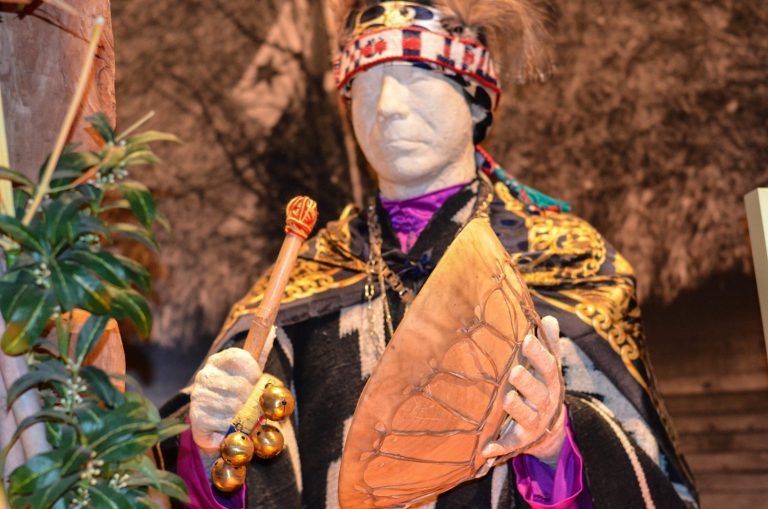
[ad_1]
(OPINION) Aboard the papal plane at the end of April, Pope Francis quietly said talks were underway to return artifacts to Indigenous people in Canada.
If it happens, this is huge for all Indigenous people.
For generations, Indigenous people have been asking for objects taken during colonization of their traditional homelands to be returned. Some of the objects are sacred, but also many items are human remains. The United Nations Declaration on the Rights of Indigenous Peoples said human remains and funerary objects should be returned to the individual tribes.
The fact the pope is even talking about returning items from the Vatican Museum back to the original owners is a complete turn-around from past years, when the items were considered part of a museum, end of statement.
Within the United States, museums have been governed by two laws: The Native American Graves Protection and Repatriation Act of 1990 and the National Museum of the American Indian Museum Act of 1989. The second act was amended in 1996 and requires a return of “Native American human remains, funerary objects, sacred objects, and objects of cultural patrimony to culturally affiliated federally recognized Indian tribes.”
The problem is not all Indigenous items are in U.S. museums nor are all museums willing to part with the objects. Add in there are many private collectors who have paid a significant amount of money for funerary and sacred items, and they are unwilling to part with their treasures.
Indigenous people often ignored
Therein lies the sticking point for many Indigenous people — whether they be from the U.S., Pacific Islands, Canada, Australia or another country — because what is important to them, and their cultural beliefs, is often ignored by people who place a higher value (either educational or monetary) on the objects.
A review of National Park Service data by The Associated Press showed an estimated 870,000 items — including nearly 110,000 human remains — are in the possession of colleges, universities, museums and other institutions representing more than 400 modern-day tribes. This does not count the items in private institutions and hands, which were not included in the 1990 Repatriation Act.
Some people will say, “So what?” To that, many Indigenous people will ask, “How would you feel if the skull of your grandparent was on display in a museum next to an animal head?”
The consequences of institutions and private collectors gathering and displaying many objects from Indigenous people are damaging and disrespectful. To the people involved, it is a painful reminder of a history where colonization, the doctrine of Manifest Destiny, justified the slaughter and pillage of Indigenous people to warrant the right to hold land.
Then there are cases such as the Metropolitan Museum of Art, where private collectors Charles and Valerie Diker donated a large collection of Indigenous artifacts, only to discover when ProPublica investigated that much of the collection was stolen. Of the 139 items the Dilkers donated to the Metropolitan Museum, ProPublica discovered only 15% have complete ownership histories — some items are completely lacking any provenance.
Returning Indigenous items long overdue
The Repatriation Act requires museums to work with tribal advisors from the tribes represented, but ProPublica said the Metropolitan hired Indigenous and non-Native academics and consultants who were not chosen by the tribes to represent them. This means the hired tribe may not understand the significance of an item to the original tribe.
Sometimes, it is as simple as talking with the tribe involved, although most tribal leaders say that rarely happens.
Indigenous people have been asking for the return of objects and artifacts for generations. Having someone like the pope make a statement about returning items is exciting, although most Indigenous people consider it long overdue.
There is still much work to be done among tribal, state and federal governments and the institutions holding the items. Starting with public institutions is important, especially since private institutions may be exempt from federal laws.
The bottom line for all this: It is important to return the items to the people from whom the objects were stolen. As the pope explained to The Associated Press aboard his plane: “The Seventh Commandment comes to mind: If you steal something, you have to give it back.”
[ad_2]
Source link